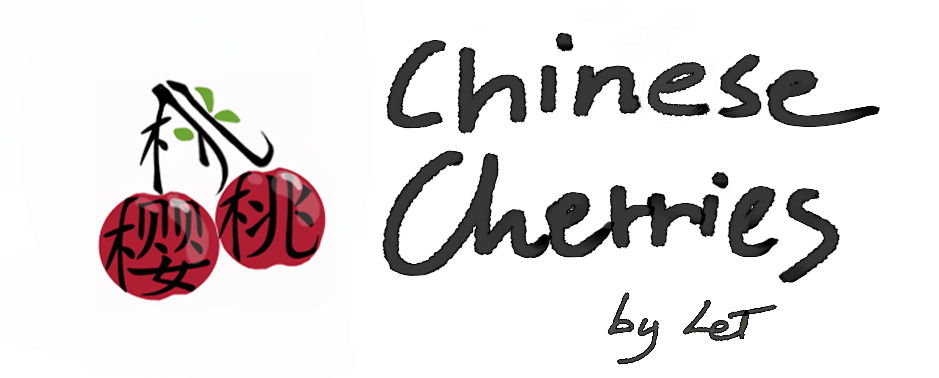
"A promise is worth a thousand ounces of gold", therefore "promise is debt". It is often used to describe a trustworthy person or behaviour. (ita: "Ogni promessa è debito")
Looking at this four-character idiom more closely we could understand it as a a parallel between two units: "one promise" and "a thousand [pieces of] gold". It would be like "One promise [is] a thousand [pieces of] gold".
EXAMPLES:
- 他一诺千金的作风赢得了大家的信任。
- 她向来说话一诺千金


